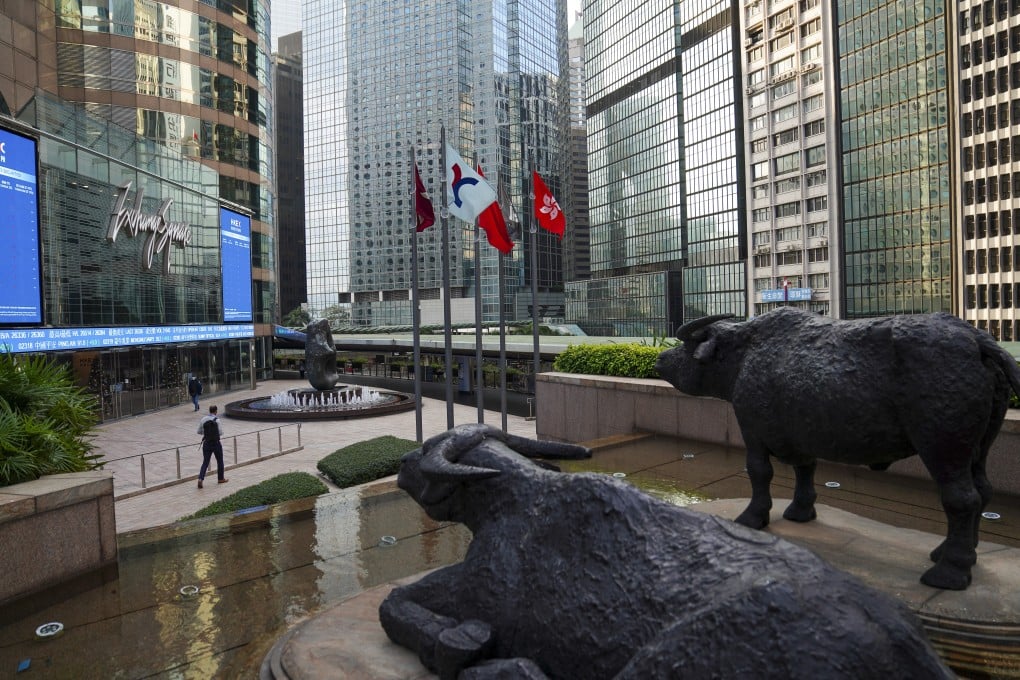Hong Kong lifts listing bar for the first time in nearly three decades to deter dud applicants from the status of a stock exchange seat
- Companies seeking to list on the main board of HKEX must have earned at least HK$80 million in combined profits in the three years before listing, a 60 per cent increase from the current requirement
- HKEX backed down from its original plan of raising the qualifying threshold in two options of at least HK$125 million or HK$150 million

Hong Kong’s stock exchange operator will from January lift its listing qualifications for the first time in nearly three decades, but will stop short of doubling the requirements after resistance from the city’s brokers and bankers.
“The exchange is mindful that the proposed increase in the profit requirement will affect companies at an early development stage, or SMEs, which intend to list on the main board,” HKEX said, adding that 95 respondents had registered their opposition to the proposal. “The exchange nevertheless has a role to play in maintaining the quality of the main board by setting appropriate initial listing criteria to attract companies of the desired profile and to protect the interest of the investing public.”
HKEX, which operates as a publicly traded company with its shares traded on the exchange, had wanted to increase the financial qualifications to deter smaller applicants and so-called shell companies from seeking listings.
“We are committed to upholding and enhancing market quality, as well as to promote investor protection,” said Bonnie Chan, HKEX’s head of listing. “Robust gatekeeping, together with targeted post-listing regulation, are crucial in achieving this, providing more clarity and transparency to the market on our regulatory and enforcement responsibilities. We believe the revised rules will benefit the Hong Kong capital markets as a whole, further strengthening the city’s role as Asia’s premier international financial centre.”